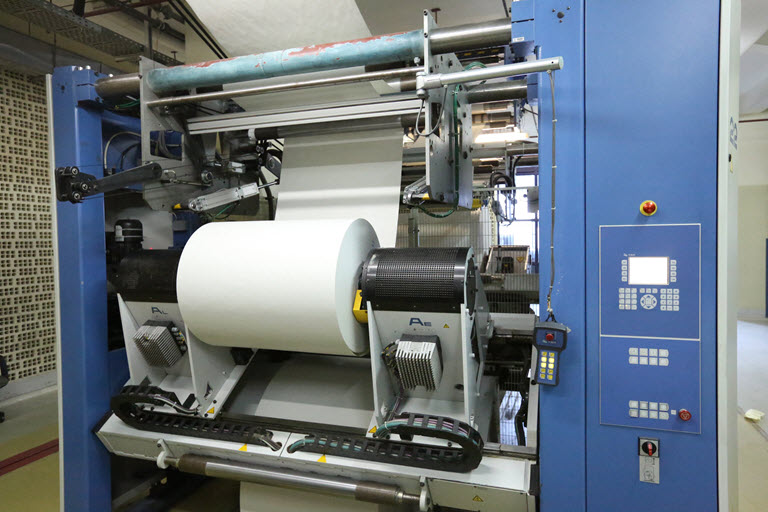Kenyan media houses continue to reel from the economic downturn that has forced them to scrap some of their products, reduce the number of staff, and merge some departments, all in a bid to stay afloat. And as EAST Site writer Isaac Swila found out, some, like the Standard Media Group has witnessed talent hemorrhage.
At Radio Africa Group, the parent company that publishes the Star newspaper, and owns several radio stations, the situation has been so grave that they opted to shut down Kiss TV, one of their broadcast channels after 15 years of broadcasting. The shutdown has been as a result of loss making.
While making the announcement, Radio Africa’s Chief Operations Officer Martin Khafafa attributed the closure to the station’s inability to generate revenue.
“As you may be aware, our TV department has been unable to generate any revenue despite efforts by everyone to turn the station around,” he said in a statement.
“Consequently we will be shutting down the station today, March 17th, 2023. All affected staff will duly be informed on the handover process by the HR team.”
The station rebranded in 2022 as part of the turnaround plan, and the revamp saw it introduce new entertainment programmes in a bid to win over the youthful audiences who are more inclined to music and soft content but it seems the plan fell flat.
Reacting to the struggles plaguing the legacy media, David Aduda, a long-term journalist who served at Nation Media Group in various managerial roles says that “ we’re still dancing around the problem and not putting our fingers to where the problem lies”, in reference to the challenges facing the Kenyan media industry.
To help turn the fortunes around, Aduda who also teaches journalism says media houses must invest in research and also define the problems they face and how to tackle the challenges.
Define your problem
“Most media houses haven’t defined their problems,” he says, pointing out that the “institutional organization of the media houses is another challenge”.
“The way media organizations are organized is an industrial approach, it doesn’t match with the digital economy. We need to ask, what business do you want to do – is it media and related business or do you want to be everything?”
To realize economic growth that the media houses are struggling to attain, Aduda reckons that change in strategy is key, and is suggesting partnerships between media houses.
Aduda, for instance, cannot understand why the Nation Media Group and the Standard Media Group should both have printing presses at this point in time, and is proposing partnerships to help save on costs.
“Why not outsource; say all papers use the Nation printing press which has the capacity to print 70,000 copies in an hour. Maintenance cost is very high, and when they come together under an agreeable arrangement they can reduce the operations cost,” he argued.

In the advent of technological advancements, media houses have been quick to point out the need to embrace the digital-first approach to journalism, but this, Aduda says, is a mantra that is not conceptualized, calling for a mindset change.
He says, for the media to get out of the current rut, they have to define the problem, define the strategy of tackling the problem, and come up with tools for solving the problem.”
“Media is still not investing in research, what they do is market research but they do not go in-depth. They need to get the real picture and act,” he opined.
Veteran journalist Shisia Wasilwa, author of three books – Dunia Tambara Bovu, Makovu ya Uhai and Kengeza la Jasiri, says the media also needs to reflect on the kind of content they feed their audiences with. He says that educational content resonates better with audiences.
“Media outlets can help avert negative situations by educating the public about the issues at hand. They can provide information on the causes of the problem, potential consequences and possible solutions.”
The issue of ethics is another concern and Shisia is of the view that media houses must walk the talk by remaining professional and objective if they are to retain their place as one of the most trusted institutions, if they are to “endear themselves to the audience as a source of information that is not partisan”.
 Isaac Swila
Isaac SwilaReport by Aga Khan University’s Media Innovation Centre analyses the country’s millennials and digital natives’ media consumption habits.
There is hope and cautious optimism among Burundian media practitioners that the state of media freedom in the tiny East African country could improve post Pierre Nkurunziza. East Site writer Isaac Swila recently visited Bujumbura and paints the picture of how things are panning out in post Nkurunziza
All you need to know about the Festival!